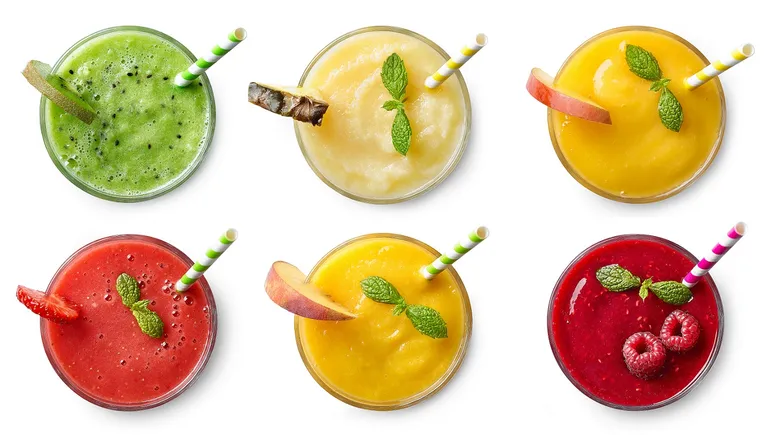Blue Tree granted FDA approval for sugar reduction technology

Dive Brief:
- Blue Tree, an Israeli food technology company, has received FDA approval for its proprietary sugar reduction technology.
- The technology physically and selectively removes sugar content from natural fruit juice and milk without sacrificing taste. The process does not use any artificial sweeteners or additives.
- The company is planning to license out the system to juice producers globally, and will provide “very specific use instructions that will facilitate the production of a range of healthy, sugar-reduced fruit juices and dairy beverages,” it said.
Dive Insight:
Blue Tree’s sugar reduction system comes amid significant sugar reduction efforts in major jurisdictions around the world. In November 2023, the FDA held a virtual public meeting on strategies to reduce added sugars stemming from the White House National Strategy on hunger, nutrition, and health directing the federal government to consider steps to reduce intake of added sugars.
The global reduced sugar food and beverage market reached $46.18 billion in 2021, according to Grandview Research. It is forecast to post a compound annual growth rate of 8.9% from 2022 to 2030 due largely to increased demand for healthy and low-sugar foods and drinks.
And major food manufacturers are responding.
Last June, Nestlé debuted its breakthrough technology which uses an enzymatic process to reduce intrinsic sugar in ingredients such as malt, milk and fruit juices by up to 30%, with a minimal impact on taste and texture.
Some food technology companies and ingredient manufacturers have also been developing alternative sweeteners made from sweet proteins, which are a class of proteins that have sugar-like sweetness, but don’t affect blood sugar in the same way traditional sugar does, as the ingredients are synthesized as a protein by the body.
Blue Tree said it has the ability to play a leading role in sugar reduction efforts.
Over the last year, the company underwent “significant internal and external review and safety testing. This process included direct interaction with the FDA to ensure the system meets all relevant safety standards,” it said in a statement.
Though more consumers are seeking better-for-you options to improve their health, many may not be willing to give up sugar’s sweetness just yet.
A 2023 Kerry study found that U.S. consumers are interested in reducing sugar in their diets, but still want to enjoy sweet treats in the form of natural sweeteners like honey and maple syrup.
Source: fooddive.com

